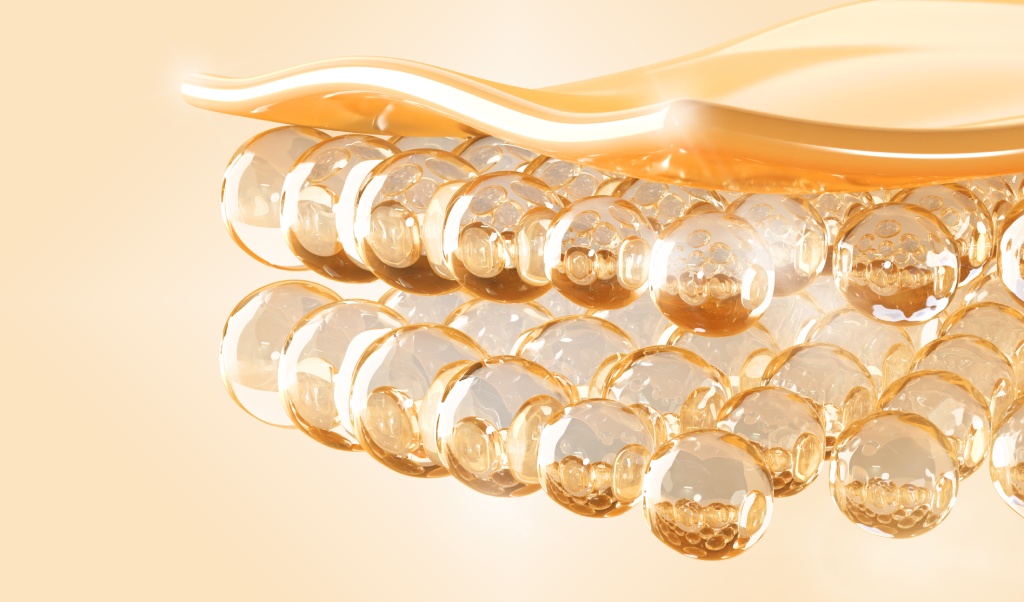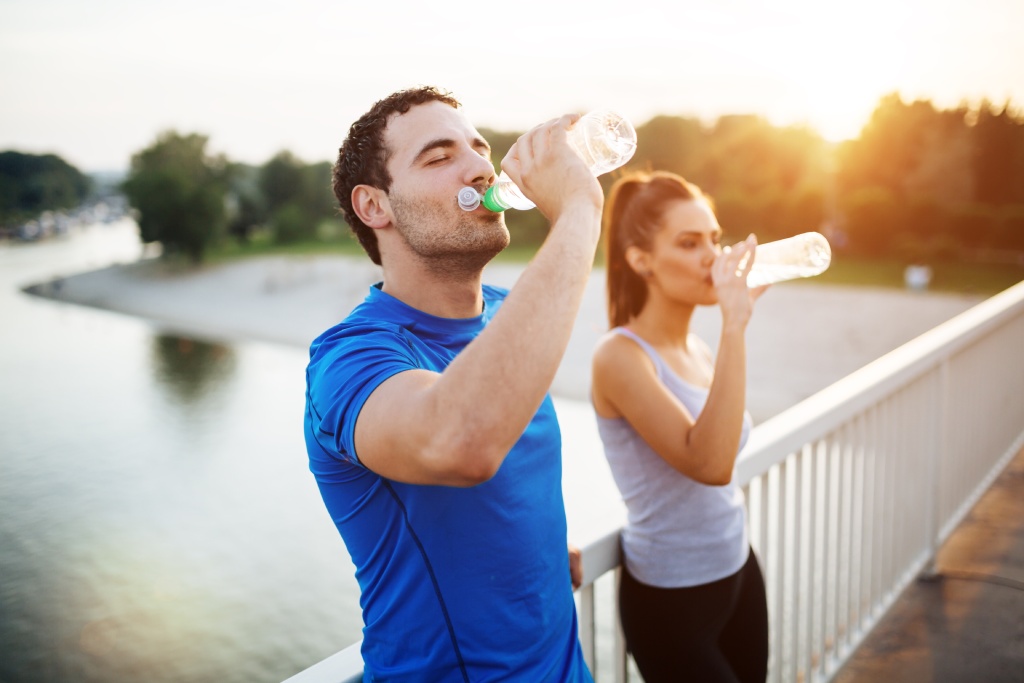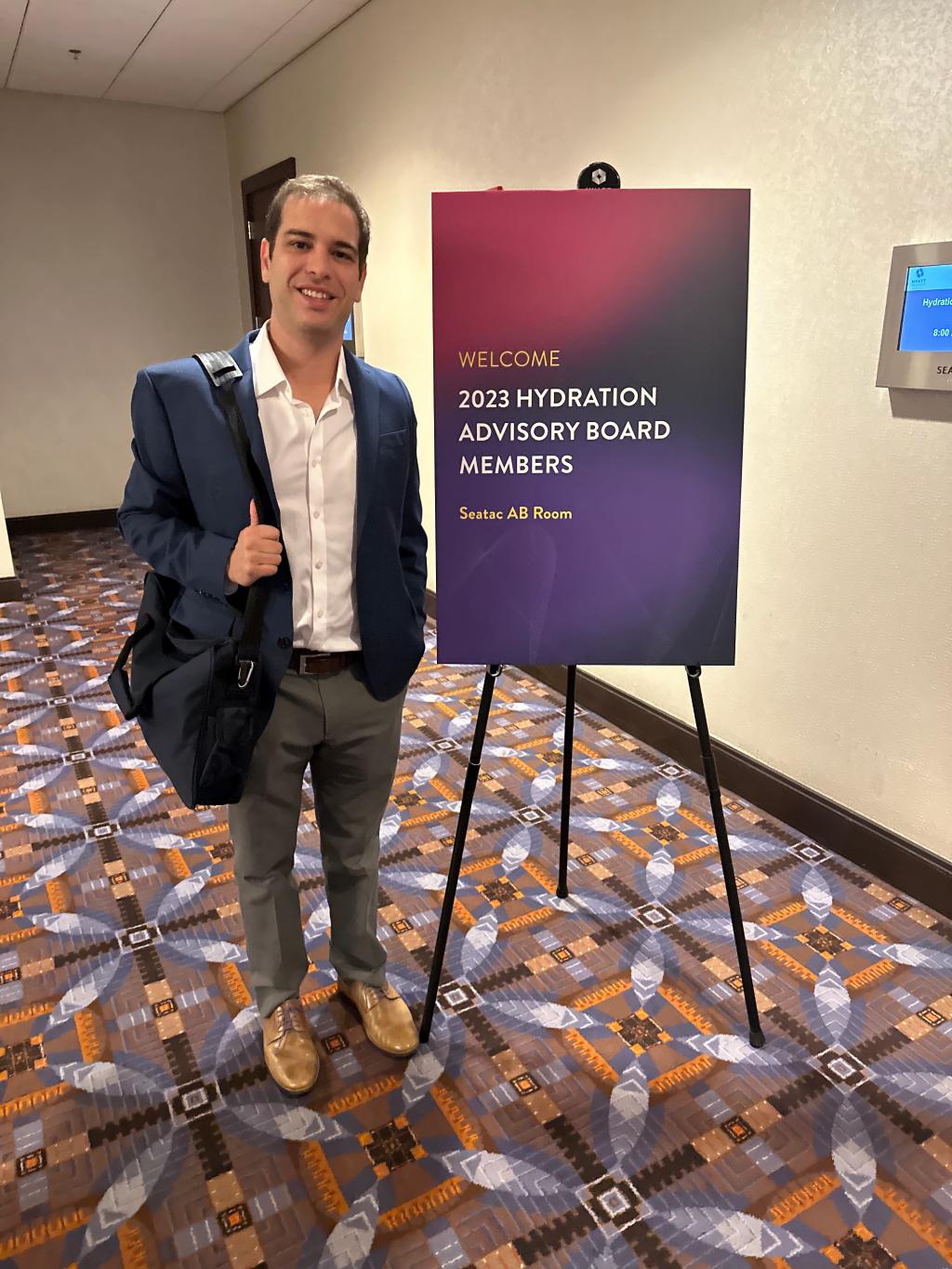The Power of Hydration: A Crucial Step for Optimal Recovery After Plastic Surgery in Dallas
Proper care is required after any plastic surgery procedure to ensure optimal recovery and achieve the desired outcomes. Hydration is an often overlooked yet critical component of postoperative treatment. Dallas board-certified plastic surgeon Dr. Solomon Azouz highlights the significance of staying hydrated following a variety of plastic surgery procedures, including liposuction, gynecomastia surgery, breast surgery, facial plastic surgery, and tummy tucks.
Why is Hydration Important After Plastic Surgery?
Water is essential for several bodily functions, including:
- Nutrient transportation: It transports vital nutrients to cells all over the body, supporting healing and tissue repair.
- Waste removal: It aids in the elimination of toxins and waste products produced during the course of healing.
- Temperature regulation: It helps to maintain a healthy body temperature, decreasing the risk of inflammation and swelling.
- Blood volume: It regulates blood volume, which is essential for blood flow and oxygen delivery to the tissues.
How does hydrating affect my recovery?
Proper healing is essential for getting an attractive and healthy outcome after plastic surgery. Here’s how moisture helps promote excellent skin health after cosmetic procedures:
- Enhanced Healing: Water is a fundamental component of healthy cells throughout the body, including skin cells. Adequate hydration maintains a consistent supply of nutrients and oxygen to the surgical site, accelerating wound healing and reducing scarring.
- Reduced swelling: Dehydration can worsen post-operative swelling, distorting initial results and delaying healing. Proper hydration helps to flush out excess fluids and toxins, minimizing puffiness and encouraging an even appearance.
- Improved Elasticity: Well-hydrated skin is plumper and more elastic, helping it to adjust more easily to the alterations caused by surgery. This is especially critical for liposuction, abdominoplasties, gynecomastia surgery, and breast surgeries, which need skin retraction and tightness.
- Glowing Complexion: Dehydration can result in dull, dry skin. In contrast, optimum hydration produces a bright complexion. Skin cells obtain the essential moisture, appearing plump and healthy, which contributes to a more youthful and lively appearance after surgery.

While the significance of hydration following plastic surgery is consistent across operations, the specific quantity required varies based on several factors. Aside from the type of procedure, a variety of factors can influence the volume of fluid necessary following surgery. Individuals who were well-hydrated before surgery might require a little less fluid consumption initially. Furthermore, body size and composition play a role, as larger people require more fluids. Individuals who engage in more physical exercise must increase their intake to compensate for sweat loss. Finally, certain underlying medical disorders, such as chronic renal disease, may require fluid consumption modifications depending on your medications.
- Liposuction: Proper hydration after liposuction reduces fluid retention and swelling, resulting in quicker healing and smoother results.
- Gynecomastia Surgery: As with liposuction, staying hydrated following gynecomastia surgery is critical for minimizing swelling and improving healing.
- Breast Surgery: Proper hydration following breast augmentation or reduction surgery helps to retain elasticity in the skin and supports tissue repair.
- Facial Plastic Surgery: Hydration is critical following facial surgery, such as rhinoplasty, eyelid surgery, or facelift, to reduce swelling and maintain skin health.
- Tummy Tuck: Staying hydrated after a tummy tuck reduces edema and constipation, resulting in a more comfortable recovery.
Tips for Staying Hydrated After Plastic Surgery:

- Carry a reusable water bottle and drink throughout the day.
- Set a reminder on your phone or alarm to drink water on a regular basis.
- Choose water-rich foods, such as fruits and vegetables.
- Avoid sugary drinks, alcohol, and excessive caffeine, which can dehydrate you.
Choosing the Right Hydration Option: Water vs. Sports Drinks vs. Electrolyte Solutions
While staying hydrated is important for overall health and well-being, the type of beverage you consume can have a major impact on how successfully you rehydrate. Here is an explanation of the main distinctions between water, Gatorade, Pedialyte, and Liquid IV.
- Water:
- The purest form of hydration: Water is required for all body activities and transports nutrients while cleaning out waste.
- There are no calories or additives: Ideal for everyday hydration and fluid balance.
- May not be suitable for severe exercise or fast rehydration. Electrolytes lost through sweat are essential for muscular function and recuperation.
- Gatorade:
- Designed for athletes. Carbohydrates (sugar) are used to give energy during exercise, while electrolytes (such as salt and potassium) are used to restore those lost through sweating.
- Moderate sugar content: This can deliver a rapid energy boost while also replacing electrolytes before or after exercise.
- Not appropriate for daily hydration. Excess sugar consumption can be harmful to one’s general health.
- Pedialyte:
- Formulated for rehydration therapy: Primarily used to treat dehydration caused by illness, such as diarrhea or vomiting.
- Lower sugar concentration compared to Gatorade: More ideal for people who are sensitive to sugar or need to rehydrate after losing fluids due to illness.
- Higher electrolyte content than water: Helps restore electrolytes lost due to illness-induced fluid loss.
- Liquid IV:
- Similar to Pedialyte, electrolyte powder or drink mix is intended for rehydration therapy but is frequently sold to sports and health-conscious people.
- A diverse range of flavors and possibly additional ingredients: In addition to electrolytes, vitamins and minerals may be included.
- Greater electrolyte content compared to Pedialyte, but usually with more sugar: Although suitable for fast rehydration, the sugar concentration may make it unsuitable for daily use.
While Dr. Azouz understands that water is often thought of as the primary form of hydration following surgery, he emphasizes the benefits of introducing liquids such as Gatorade or Pedialyte. Board-certified plastic surgeon Dr. Azouz usually suggests these choices to replace electrolytes lost during surgery or as a result of postoperative nausea and vomiting. These beverages can be especially beneficial after surgery because they can help replace electrolytes like sodium and potassium, which are essential for maintaining muscular function, blood pressure, and overall well-being.
 Proper hydration is vital for a healthy and comfortable recovery from plastic surgery. Following Dr. Azouz’s advice and adopting these guidelines into your routine will guarantee that your body receives the fluids it requires to recuperate and achieve the ideal results from your surgery. It’s important to contact Dr. Azouz if you have extreme thirst, dizziness, or dark urine, as these could be symptoms of dehydration.
Proper hydration is vital for a healthy and comfortable recovery from plastic surgery. Following Dr. Azouz’s advice and adopting these guidelines into your routine will guarantee that your body receives the fluids it requires to recuperate and achieve the ideal results from your surgery. It’s important to contact Dr. Azouz if you have extreme thirst, dizziness, or dark urine, as these could be symptoms of dehydration.
Remember to make an appointment with board-certified plastic surgeon Dr. Azouz in Dallas, TX for specialized post-operative care advice, including precise hydration recommendations based on your unique needs and treatment.
Posted on behalf of
